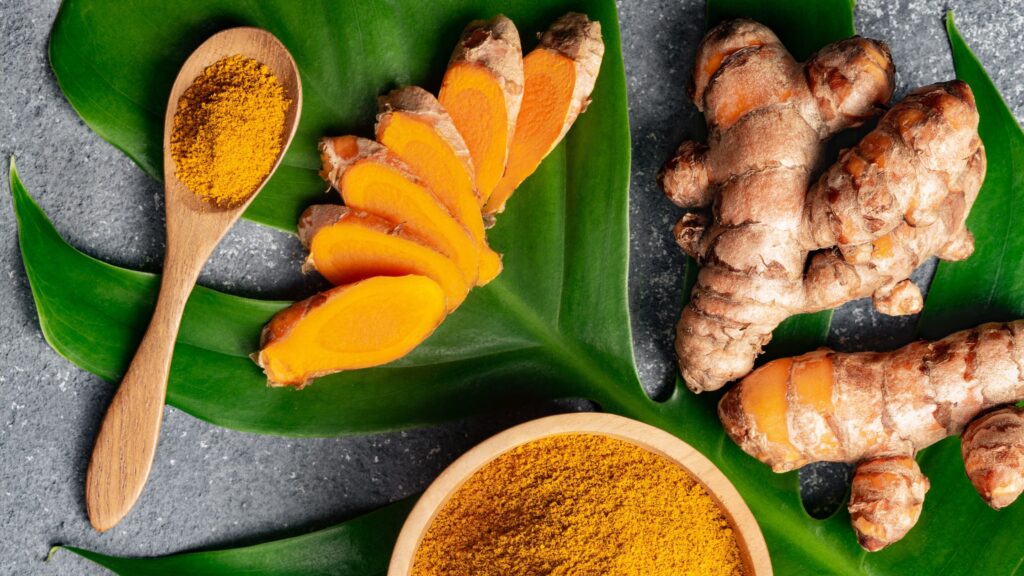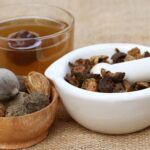As an herbalist constantly evaluating nature’s remedies, I was intrigued by turmeric’s extensive reported uses and set out to assess the validity surrounding its influence on blood pressure – a major health concern. Sifting clinical and population-based evidence offered insight into this warming spice’s proposed cardiovascular dynamics worth sharing. My overview highlights turmeric’s role and how to utilize it safely.
Does Turmeric Affect Blood Pressure?
While scientific studies are still ongoing, emerging research suggests turmeric may help reduce blood pressure for some individuals. The compound curcumin found abundantly in turmeric is thought to produce beneficial effects.

Curcumin’s Effect on Nitric Oxide Production
Animal and test tube research linked turmeric consumption to upregulating endothelial nitric oxide synthase, boosting relaxing nitric oxide amounts in blood vessels. This opposes vascular constrictor endothelin-1 to induce vasodilation lowering pressure as seen in diabetic and high blood pressure patients per human experiments.
Anti-Inflammatory Impact on Cardiac Health
Curcumin exerts antioxidant properties shielding against endothelial cell damage and helping clear plaque through neutralizing inflammatory cytokines like TNF-alpha. Observational studies link regular intake with reduced risk of heart attacks by dissolving clots and guarding vessels in complement to drugs.
Interaction with Renin-Angiotensin System
Some studies propose curcumin regulates the activity of angiotensin-converting enzymes important to electrolyte balance, inhibiting hypertensive effects. However, data supporting this direct mechanism remains limited thus far.
Synergistic Effect with Conventional Medications
When consumed alongside pharmaceutical regimens in clinical trials addressing patients with metabolic conditions, turmeric aided better blood pressure control, opening the potential for improving standard care efficacy with minimal risk
How turmeric can be incorporated into a daily diet for blood pressure management?
Here are some ways to incorporate turmeric into your daily diet for mild blood pressure management support:
- Add 1/2 teaspoon of ground turmeric to rice or bean dishes for its anti-inflammatory benefits. The bioavailability is higher when consumed with foods containing fats.
- Stir 1/4 teaspoon of turmeric into warm milk or non-dairy milks. Turmeric is fat-soluble, so a small amount of milk/oil helps your body absorb more curcuminoids.
- Try golden milk lattes made with turmeric, black pepper, cinnamon and warm non-dairy or dairy milk. Black pepper boosts turmeric absorption.
- Add turmeric to soups, stews or curries. The spice lends a mild peppery flavor that enhances savory dishes.
- Mix 1/4 teaspoon turmeric into smoothies, hummus or guacamole. Its golden hue dresses up snacks and spreads beautifully.
- Take 250-500mg turmeric supplements with meals if you don’t enjoy cooking with it. Look for standardized preparations to ensure potency.
Incorporating small amounts of turmeric in varied recipes daily supports healthy inflammation and circulation over time. Pair it strategically with fat and black pepper for optimum effects on blood pressure. Consistency is key for enjoying turmeric’s gentle support.
Conclusion
While more research is warranted, findings imply turmeric supports circulatory health via multiple pathways and poses no hazards taken as directed. Its place exists not as medication but gentle adjuvant alongside prudent lifestyle tweaks for encouraging healthy vascular function. Future applications continue unfolding this spice’s promise.




